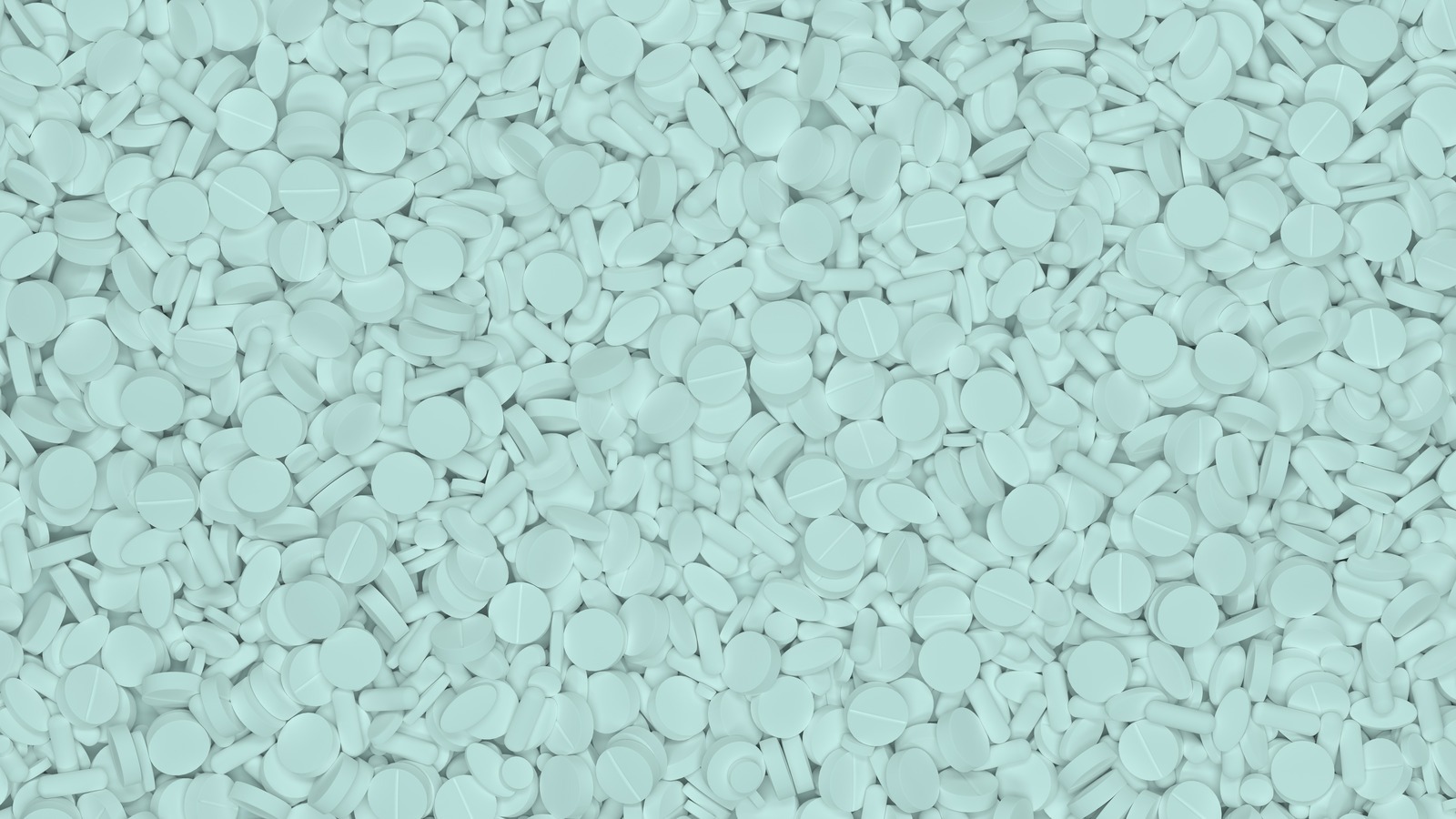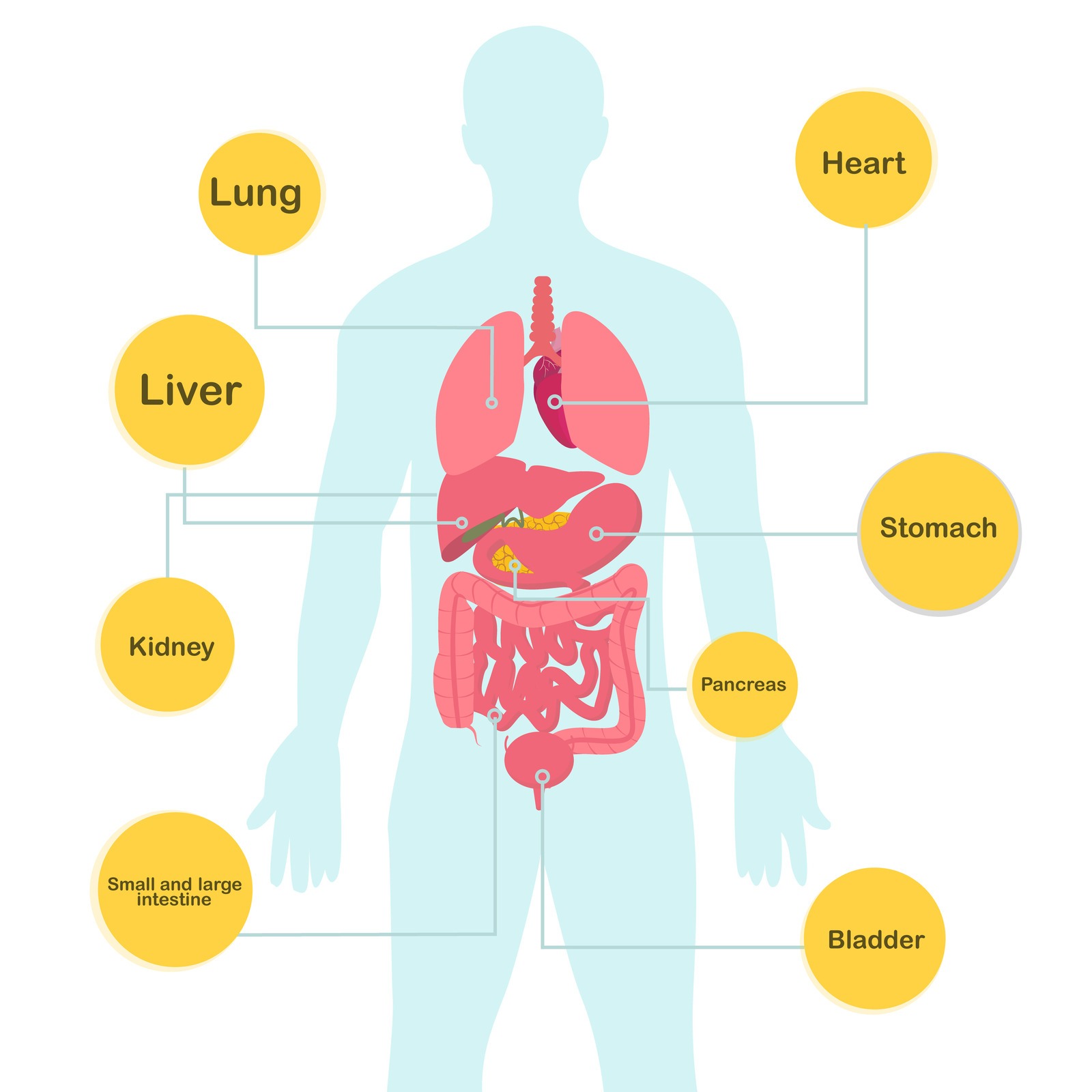Substances | 5 min read
Is Adderall Legal? Here’s What You Need To Know
Written By
On January 29, 2024

What you will learn
- Adderall is approved for ADHD and narcolepsy sufferers.
- There are serious side effects to taking Adderall, and these need to be discussed with your doctor.
- Roughly 1.5 million Americans abuse prescription stimulants like Adderall.
- Adderall is not primarily prescribed for anxiety or depression, and it may worsen these conditions in some individuals.
Yes, if you have a prescription from a licensed physician, Adderall is legal to possess. Adderall is a Schedule II stimulant composed of dextroamphetamine and amphetamine salts. As such, it has a high potential for addiction and limited approved medical uses.[1]
Currently, the only approved usage of Adderall is for treating Attention-Deficit Hyperactivity Disorder (ADHD) and narcolepsy.
Adderall Drug Facts
Adderall is a (3:1) combination of the drugs dextroamphetamine and amphetamine salts.
It’s a stimulant that speeds up the messages between your brain and spinal cord. Adderall is approved for patients with ADHD and narcolepsy. It comes in immediate-release tablets, which last 4-6 hours, and extended-release tablets that last 8-12 hours.[2][3]
For patients suffering from ADHD, Adderall lets them focus, stay alert, and pay attention. Since it regulates dopamine reuptake in the synapses, it releases feel-good neurotransmitters, which increase their sense of well-being.
For patients suffering from narcolepsy, Adderall takes away the debilitating fatigue many of them experience daily. Adderall boosts the levels of norepinephrine and inhibits reuptake in the synapses, which promotes wakefulness.
Adderall History
In the 1950s, a medication called Obetrol containing methamphetamine was marketed as a weight-loss drug. This continued until 1973 when the FDA demanded they pull it from the market due to its lack of demonstrated efficacy.
They replaced the methamphetamine with an equal weight of dextroamphetamine and amphetamine salts and put the drug back on the market. In 1994, the drug company that had acquired the drug company that owned Obetrol began marketing it for ADHD and narcolepsy sufferers.
After the FDA threatened to pull the drug for the company’s repeated violations of FDA regulations in 1996, it was rebranded to “Adderall” and has been sold under that name ever since.
Mechanism of Action
Amphetamines are chemically designed to increase the neurotransmitters dopamine and norepinephrine in your synapses by signaling the release of neurotransmitters responsible for motor control, cognition, emotional state, memory processing, and endocrine regulation.[4]
They also block norepinephrine and dopamine reuptake into neurons. Dextroamphetamines prevent reuptake, increase release, and stimulate reverse dopamine transport in synaptic clefts. Less is known about the “dextroamphetamine” mechanism of action than “amphetamine.”
What is the Half-Life of Adderall?
A given substance’s half-life is when it takes 50% of a substance to be eliminated from the body. Due to its different ingredients, the half-life of Adderall is staggered.[5]
- Dextroamphetamine has a half-life of 9.77 to 11 hours
- Amphetamines have a half-life of 11.5 to 13.8 hours
The amount of time it takes for a substance to be statistically eliminated from the body is 4-5 elimination half-lives. The elimination half-lives of Adderall are also staggered:
- Dextroamphetamine has an elimination half-life of 44-55 hours.
- Amphetamines have a half-life of 55-69 hours.
Side Effects of Adderall
Adderall has a high potential for misuse and many side effects. If you take illicit Adderall outside of a patient/physician-directed relationship, you are putting yourself in great danger.
Common Side Effects of Adderall
Some milder, more common side effects of Adderall include[6]:
- Dry mouth
- Tongue Soreness
- Headaches
- Gastrointestinal pain
- Insomnia
- Decreased appetite
- Anxiety
- Dizziness
Serious Side Effects of Adderall
There are many serious side effects of taking Adderall.[7] Some of the most serious include:
- Periodontal disease (from vasoconstriction and dry mouth)
- Eyesight changes
- Slowing of growth in children
- Anorexia
- Restlessness
- Sweating
- Confusion
- Aggressive behavior
- Hallucinations
- Panic attacks
- Irregular heartbeat
- Nausea
- Diarrhea
- Vomiting
- Seizures
- Coma
People who take Adderall to suppress appetite and lose weight often experience anorexia and weight loss.[8] While Adderall may take your hunger away, you will probably lose weight more quickly than is healthy for you to. And, once you stop taking Adderall, you will probably gain it all back.
People with a prior history of heart disease or glaucoma should not take Adderall. Both of these conditions can be exacerbated by Adderall. There is a statistically significant prevalence of negative health outcomes by people with a prior history of heart disease who take Adderall [9]:
- Sudden death in users with a prior history of heart problems or heart defects
- Stroke and heart attack
- Increased blood pressure and heart rate
If you start taking Adderall without consulting your doctor, you could be in grave physical danger.
How Long Does Adderall Stay in Your System?
Amphetamines can be detected in a urine sample for up to 72 to 96 hours.[10] Depending on how you are tested, it could stay in your system for a shorter or longer time period. Amphetamines will be undetectable in your blood and saliva relatively quickly but could be detectable in hair samples for up to 90 days.
What Influences How Long Adderall Stays in Your System?
Many factors influence how long Adderall can stay in your system. Some of the factors include:
- Gender
- Weight
- Age
- The potency of the last dose
- Frequency of dosing
Statistics on Adderall Abuse
In the United States, the 2021 SAMHSA report detailed that 0.5% of people aged 12 or older misuse prescription stimulants like Adderall.[11] This is roughly 1.5 million people.
College students have more than double the rate of prescription stimulant use disorder than the general public, possibly because of the misconception of associating Adderall use with higher scholastic performance. The rate of prescription stimulant use disorder among people aged 18-25 is 1.1% or roughly 379,000 people.[12]
Unfortunately, the abuse rate is also higher for adolescents than for the general public. The abuse rate is nearly twice as high (0.9% vs. 0.5%). In 2021, it is estimated that 245,000 young people will abuse drugs like Adderall.
Legality of Adderall Use
Adderall is legal to use with a prescription from your doctor to treat ADHD or narcolepsy.
It is a Schedule II drug with a high potential for abuse and limited approved medical uses. If you are caught selling the drug to someone else, you could get into a lot of legal trouble.
Though people imagine Adderall to help with weight loss and academic performance, it does not. A pilot study on college students using Adderall to improve cognitive performance found little effect in neurocognitive enhancement but a high effect in involuntary response and subjective drug experience.[13]
Likewise, weight loss is not a legal usage for taking Adderall. It was why the FDA demanded that Obetrol be banned from the market in 1973. It’s also dangerous because your body will come to associate pleasure with being on Adderall.
If you stop taking Adderall, you achieve your weight loss goals; you will not be responsive to the weaker dopamine levels your body naturally secretes when working out to maintain physique and weight levels. You could compensate for this lack of dopamine by other dopamine-producing activities like binge eating, which will erase any progress you have made regarding weight loss thus far.
Adderall Addiction Treatment
Adderall addiction treatment begins with detoxing from the drug. A compassionate detox with pharmacological assistance is the best chance for you to achieve lasting sobriety. At Ascendant NY, we have licensed addiction professionals who want to craft an individual recovery plan that fits your needs, history, and lifestyle.
We combine medication-assisted treatment and talking therapies like CBT and DBT. It’s important to discover the root causes of your behavior and reframe your mindset to change your behaviors for the better. We offer both residential and outpatient treatment programs after detox. Our recommendations for your recovery plan will be as unique as you are.
Restore Chemical Balance and Pursue Wellness
If you are addicted to Adderall, seek treatment immediately. Do not wait another day. Your life is too valuable to be controlled by taking a substance. There is a brighter future for you that does not involve taking Adderall.
Prescription use disorder affects many people, and many people have gone through treatment for it. Willpower alone is often not strong enough to curb an addiction. Let licensed addiction professionals help you live out your sobriety.
The power of rehabilitation in the context of a supportive community cannot be overestimated.
If you’re concerned about recognizing the signs of Adderall abuse, our recovery center in New York City provides detailed information and support to help you identify and address the issue. Take part in an Adderall addiction treatment program today.
Frequently Asked Questions about Adderall
If you have a clinical diagnosis of narcolepsy, in which your brain has chronically low levels of hypocretin, then Adderall could keep you functional.
If your sleep deprivation has other causes, such as lifestyle, nighttime disturbances, or circadian disruption, then Adderall will not help. You should focus on fixing these; then, your sleep problems will likely get better over time.
Adderall is not approved for treating anxiety. In fact, one of the unintended effects of Adderall use is anxiety symptoms. Adderall is a stimulant, which means it would more than likely make any subjective experience of anxiety worse due to using it since it speeds up your central nervous system.
Adderall is not approved for treating depression. Depression is usually associated with a lack of serotonin in the brain, whereas Adderall acts on your dopamine receptors. You might experience pleasure, but it won’t change your mood.
Ascendant New York Editorial Guidelines
Here at Ascendant New York, we understand the importance of having access to accurate medical information you can trust, especially when you or a loved one is suffering from addiction. Find out more on our policy.
[1][5][6][7][9] Adderall (CII) – Food and Drug Administration. (n.d.-a). https://www.accessdata.fda.gov/drugsatfda_docs/label/2007/011522s040lbl.pdf
[2][3] Shoar, N. S., Marwaha, R., & Molla, M. (n.d.). Dextroamphetamine-Amphetamine. NIH – StatPearls. https://www.ncbi.nlm.nih.gov/books/NBK507808/
[4] K;, K. (n.d.). Role of catecholamine signaling in Brain and nervous system functions: New Insights from Mouse Molecular Genetic Study. The journal of investigative dermatology. Symposium proceedings. https://pubmed.ncbi.nlm.nih.gov/11764279/
[8] Amphetamine, past and present – a pharmacological and clinical … (n.d.). https://www.ncbi.nlm.nih.gov/pmc/articles/PMC3666194/
[10] Amphetamines: Drug info: Resources: Redwood toxicology laboratory. Amphetamines | Drug Info| Resources | Redwood Toxicology Laboratory. (n.d.). https://www.redwoodtoxicology.com/resources/drug_info/amphetamines
[11][12] Key substance use and mental health indicators in the United … – samhsa. (n.d.-b). https://www.samhsa.gov/data/sites/default/files/reports/rpt39443/2021NSDUHFFRRev010323.pdf
[13] Neurocognitive, autonomic, and mood effects of Adderall : A pilot study … (n.d.-c). https://www.ncbi.nlm.nih.gov/pmc/articles/PMC6165228/




